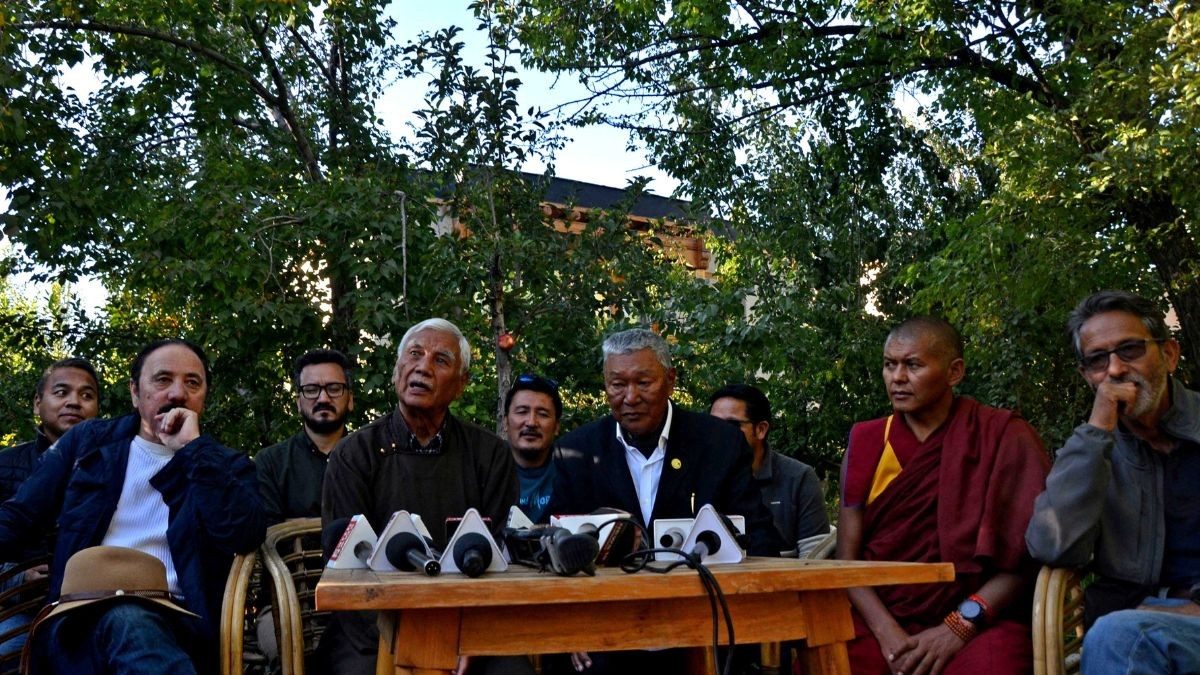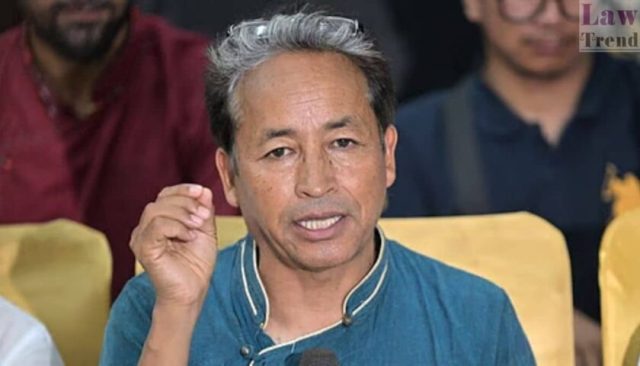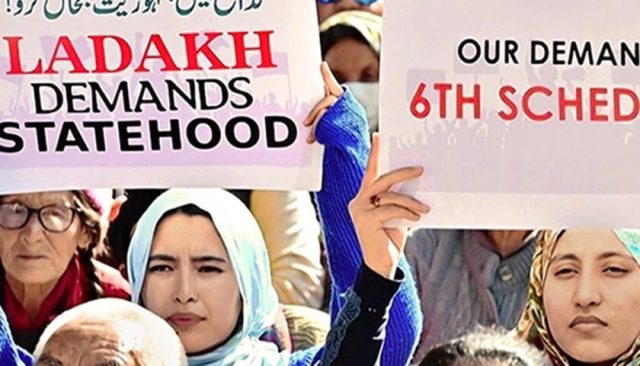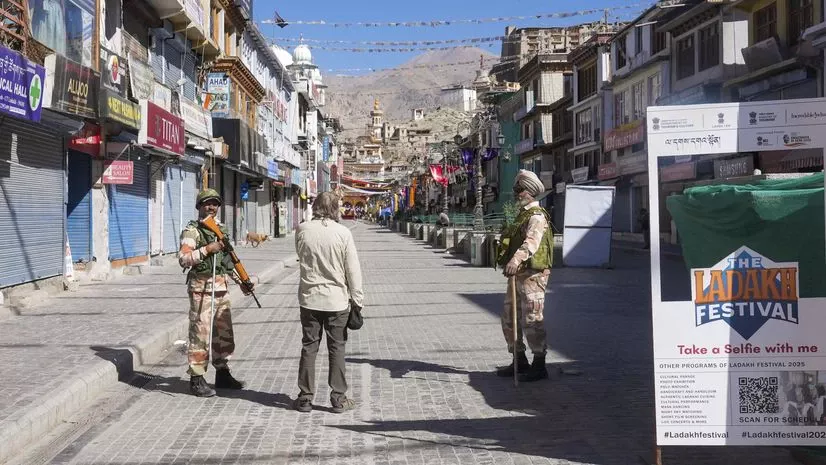Ladakh Crisis 2025: Apex Body Walks Out of MHA Talks, Centre Open to KDA Dialogue
By: Javid Amin | 29 September 2025
In a dramatic turn of events in Leh, the Apex Body Leh (ABL) has formally withdrawn from talks with India’s Ministry of Home Affairs (MHA), citing “lack of progress” on the key demands of statehood for Ladakh and constitutional safeguards under the Sixth Schedule. The development comes amid heightened tensions in the Union Territory following recent unrest, curfews, and the controversial detention of activist Sonam Wangchuk.
The Centre, however, remains open to dialogue—not just with ABL but also with the Kargil Democratic Alliance (KDA)—signaling a potential reset in negotiations aimed at stabilizing the volatile region.
ABL Walks Out: What Triggered the Breakdown
ABL leaders have accused the government of delaying tactics, token gestures, and failure to deliver concrete assurances. Their withdrawal from the MHA-led talks underscores a growing trust deficit between Ladakh’s grassroots leadership and Delhi authorities.
“We cannot continue in a dialogue where promises are made verbally but nothing materializes on paper,” said an ABL spokesperson, requesting anonymity.
The breakdown follows a string of high-profile incidents, including:
-
Violent protests in Leh over statehood demands, resulting in casualties and property damage.
-
Detention of Sonam Wangchuk under the NSA, sparking criticism from civil society.
-
Curfew impositions and restrictions on public gatherings, intensifying frustration among the youth and local population.
Centre’s Response: Opening a Door to KDA
Despite the ABL’s exit, the Ministry of Home Affairs emphasized that the government remains committed to a dialogue, especially with the Kargil Democratic Alliance, which represents the interests of the Kargil region.
A senior MHA official told Kashmir InFocus:
“The Centre has always maintained an open-door policy. We remain ready to engage with stakeholders on Ladakh’s future, provided discussions are constructive and aimed at consensus-building.”
The Centre’s offer hints at a strategic recalibration, attempting to maintain momentum in Ladakh while containing unrest in both Leh and Kargil.
Sixth Schedule, Statehood, and the Core Demands
At the heart of the standoff are the ABL’s demands for constitutional protections and autonomy, including:
-
Statehood for Ladakh: Advocates argue that full statehood would provide legislative powers and direct representation, addressing feelings of political marginalization.
-
Sixth Schedule Safeguards: Meant to protect tribal rights, ecological heritage, and local governance structures.
-
Time-Bound Assurances: Written commitments, not verbal promises, are central to restoring trust.
These demands have fueled public mobilization, including youth-led protests, peaceful sit-ins, and calls for national attention.
Civil Society and Reformist Perspectives
Observers say that the withdrawal reflects widespread disillusionment with the pace and transparency of negotiations.
“Trust cannot be rebuilt with empty words. Ladakh’s youth and tribal groups are demanding concrete, actionable outcomes,” said a policy analyst specializing in Himalayan governance.
Experts argue that inclusive and timely dialogue—including civil society representation—remains the only viable path to de-escalate tensions. Failure to address these demands may risk further unrest, damaging the region’s ecological, social, and economic stability.
Next Steps and Implications
The political landscape in Ladakh remains highly fluid:
-
ABL may reconsider talks if written assurances and timelines are provided.
-
KDA could play a mediating role or pursue independent negotiations.
-
Central authorities face pressure to deliver transparent, enforceable commitments, balancing security concerns with democratic governance.
The unfolding situation also carries broader implications for India’s approach to Union Territories, highlighting the delicate balance between regional aspirations and national policy.
Reformist Takeaway
Ladakh’s current crisis underscores the urgency of rethinking governance strategies in newly formed Union Territories. The call for statehood, ecological protection, and constitutional safeguards is not merely political—it represents a deeper quest for dignity, self-determination, and inclusion.
For lasting peace and stability, the Centre must ensure that dialogue is meaningful, time-bound, and participatory, avoiding the pitfalls of tokenism and delayed action that have historically fueled unrest.




